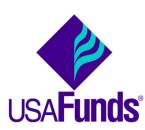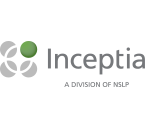Cash Management Regulations Overview
By Brenda Murtha, NASFAA U Instructor
Nathan Arnold and John Kolotos from the U.S. Department of Education presented a session on Cash Management.
Although the session included an overview of several existing cash management regulations, the focus was on new cash management rules, most of which became effective July 1, 2016. Nathan Arnold explained that the Program Integrity and Improvement Final Rules published on October 30, 2015 were necessary due to the proliferation of campus activity with debit and pre-paid cards. Some schools had agreements with card-issuers which led to schools providing misleading information about fees and other terms, unauthorized information sharing, and students being pressured into signing up for accounts in order to receive financial aid credit balances. Several government and consumer investigations over the past few years have identified these and other troubling practices associated with use of the cards.
The resulting regulations require schools which have agreements with card providers to adhere to a set of rules based on the nature of the arrangement with the provider. A school may be classified as having a Tier 1 Arrangement, where the school has a third party servicer involved t in disbursement of aid, or a Tier 2 Arrangement where the school has an agreement with a financial institution to offer financial products to its students. These types of schools will be required to make some significant changes in their practices, including more student choice in selection of accounts, ensuring adequate access to ATM’s, and making sure student are adequately informed prior to signing up for card services. Nathan did reiterate that the new rules apply only to schools which meet the definition of a Tier 1 or Tier 2 school.
John Kolotos wrapped up the session with a review of other cash management rules including the prohibition against “sweeping” of financial funds which contain Title IV aid funds. This includes protecting from overnight sweeps any Title IV credit balance funds which might be residing in an operating account. Kolotos also stated that schools under heightened cash monitoring rules must make credit balances available to students, regardless of their timeframe in drawing down funds.
Publication Date: 7/25/2016











You must be logged in to comment on this page.